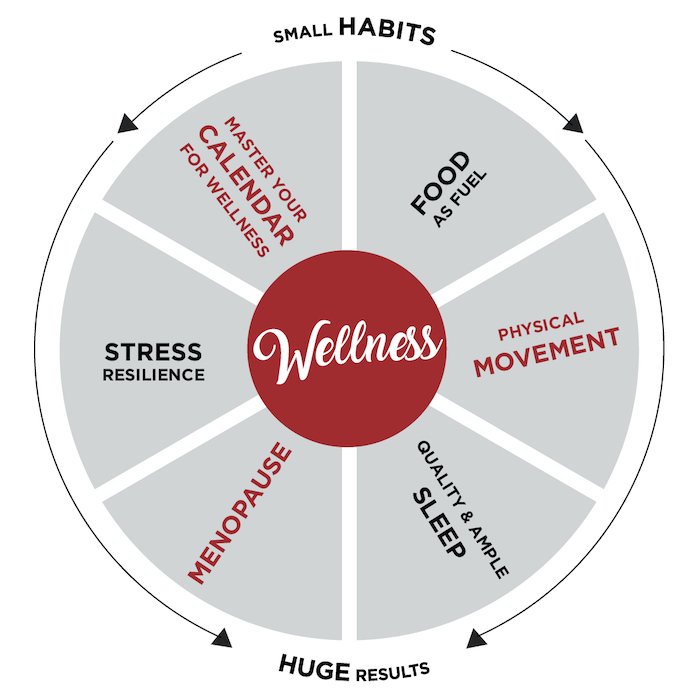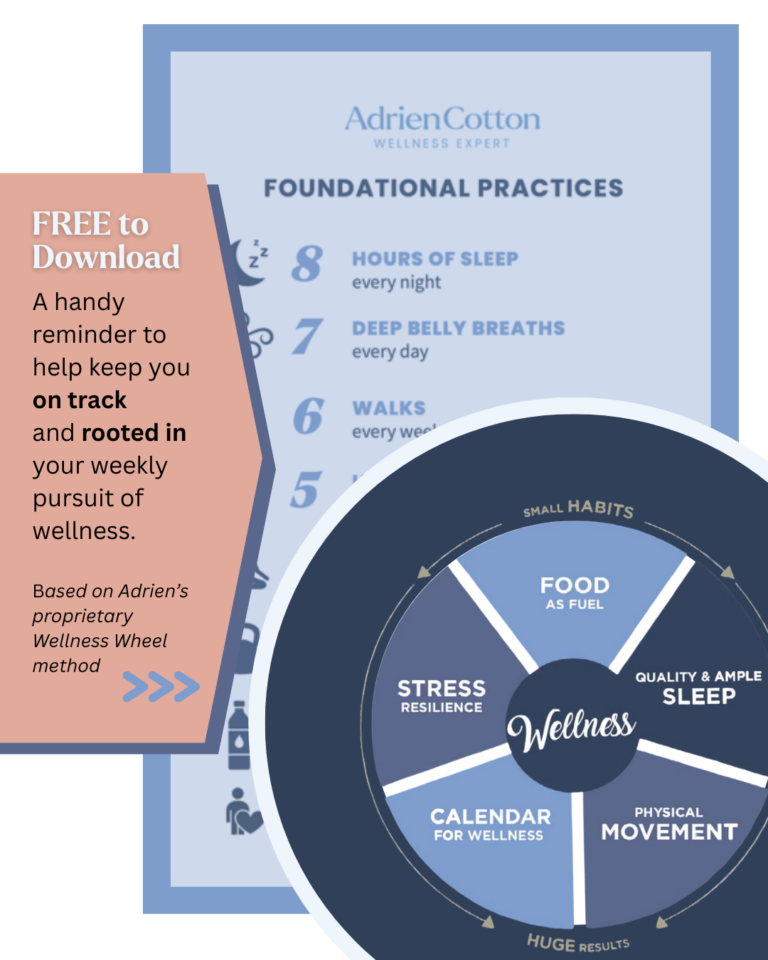I know. “Mindset” is a new buzz word in many circles of our lives. We hear it in wellness, in corporate settings, and others. Mindset refers to how we think and the beliefs we hold onto about something. Why is it so important and crucial to your wellness?

Sometimes, our mindsets hinder our progress and keep us from achieving the goals we so crave. These beliefs or misconceptions, especially about our bodies’ needs, can hold us back and keep us in the same old routine that doesn’t serve us anymore.
What are common not-so-true and maybe even not-so-helpful mindsets around sleep? How do they affect us? Let’s explore.
Here are three common sleep misconceptions I have heard – countless times – from my clients and the alternative, helpful mindsets we can foster instead.
Misconception #1: Sleep is unproductive.
Want to lose or maintain your body weight?
We ask so much from our bodies all day long. The top job our brains complete during sleep is to give the body a chance to repair and regenerate. Muscles, tendons, ligaments, bones, and growth plates need this time to recover and build. Without ample sleep, the benefits of any exercise we had that day is truly wasted. Sleep is also essential for maintaining a healthy immune system, regulating body temperature, and maintaining a healthy blood pressure.
A helpful mindset to counteract that misconception is: Sleep keeps me healthy and helps my body function at its highest capacity.
Misconception #2: I can function just fine without much sleep.
On the contrary to this misconception, when we don’t get ample (seven to seven and a half) and quality (uninterrupted) sleep, our cognitive function suffers, we are physiologically hungrier, and our sense of “fullness” or satiety decreases by 20 percent. We can also more easily make movement mistakes. We might miss a step, fail to notice a turn, or twist the wrong way. Or, yikes, we may even say something we don’t mean!
Lack of sleep can also slow our reaction time. This is when injury occurs. Several studies have found that getting less than seven hours of sleep is associated with increased risk of injury!
A helpful mindset to counteract that misconception is: Sleep keeps my brain sharp and alert so I can enjoy the day ahead.
Misconception #3: Sleep has nothing to do with my weight, it’s all about food and exercise.
Of course, this misconception couldn’t be further from the truth! Lack of sleep triggers a hormone, ghrelin, that increases our craving for “quick energy,” like starchy carbohydrates and junk food, by up to 20 percent. Lack of sleep also reduces our “fullness” hormone, leptin, which leads us to overeat. Lack of sleep also slows our metabolism – yes, causing weight gain!
A helpful mindset to counteract that misconception is: Sleep is just as crucial to my fitness goals as hitting the gym or eating nutritiously.
Getting better sleep begins with a decision. When we put our minds to something and make a decision, nothing can hold us back. Our sleep mindsets can be a game-changer to feeling better in our bodies.
Look – on our path to wellness, we have to think about ALL of the components of wellness. This is why the Wellness Wheel I introduced in my Master Menopause Blueprint has 5 spokes: Sleep, Stress, Food & Nutrition, Movement, and Calendar Management.
I could have picked ANY place on the wheel to begin, but for reasons we now understand, the quality and quantity of sleep we get is key to our success in all areas of our well-being.

When we commit to prioritizing your sleep and challenging old, unhelpful mindsets, we will surely discover that sleep matters in every way.
If mastering your sleep mindset resonated with you, you would gain even MORE incredible sleep resources from my Master Menopause NOW Mastering Sleep Course. Let me teach you the proven science and strategies behind changing your daily habits and transforming your relationship with wellness and your body.



